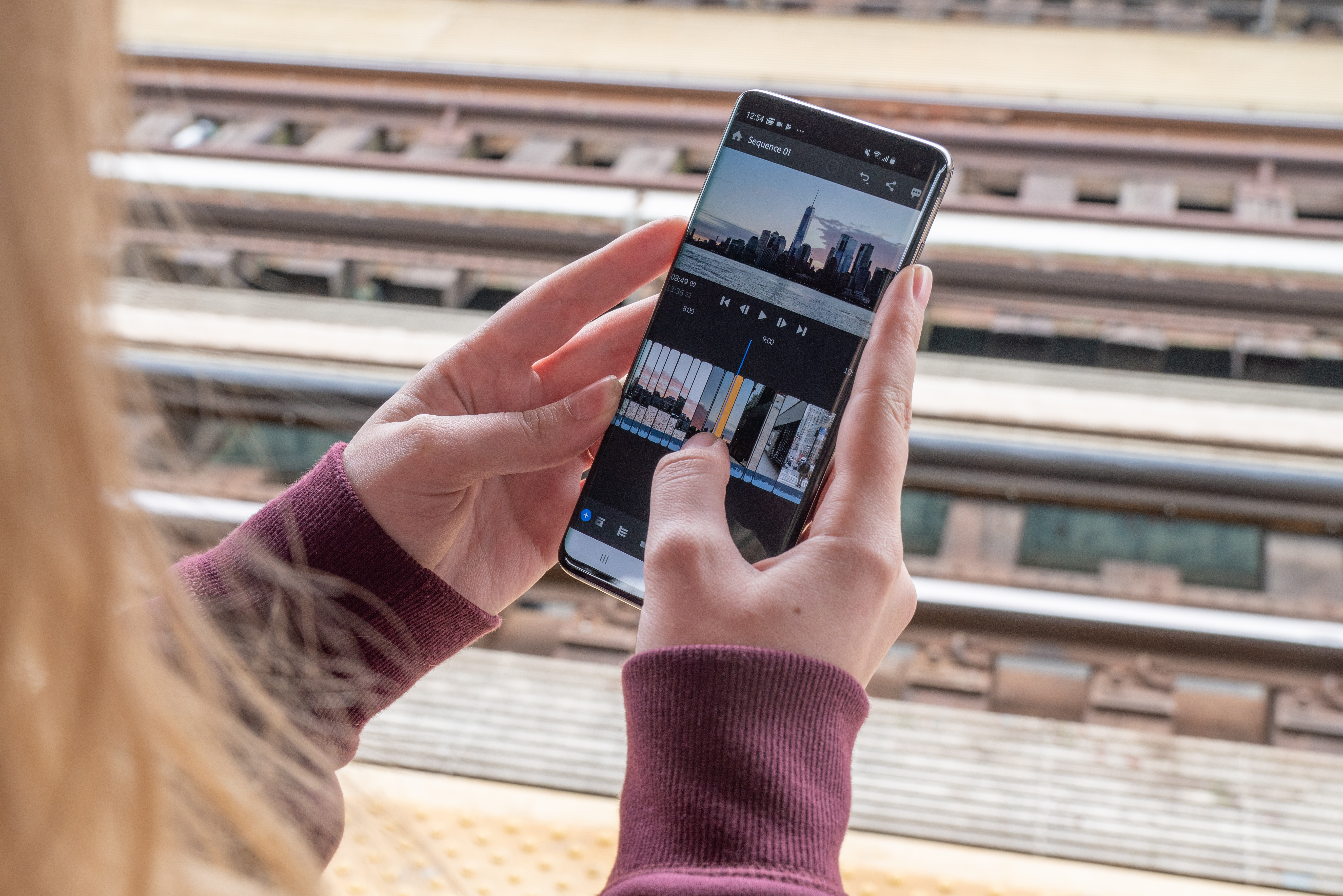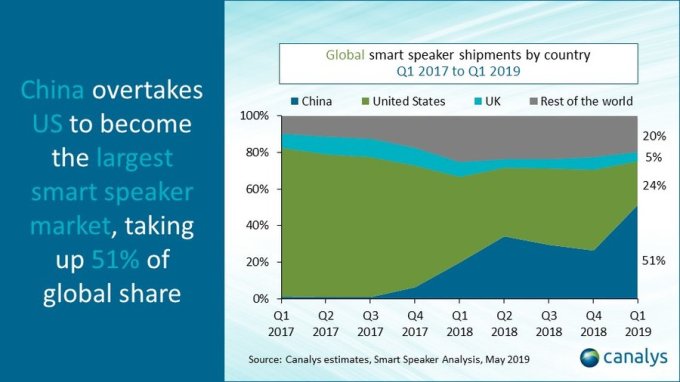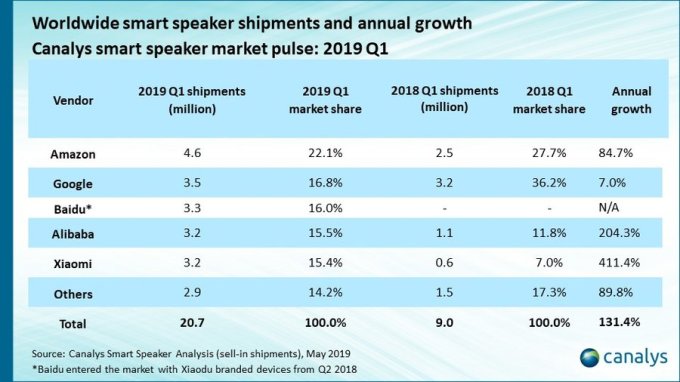Apple is updating its 15” MacBook Pro with new 8-core and 6-core processors and its 13” MacBook Pro with Touch Bar with 8th-gen quad-core processors. Apple says that these boosts mean the 15” MacBook Pro will run at double the speed of the previous quad-core models and hit 40% improvements over the 6-core MacBook Pro model.
Apple says this is its fastest Mac notebook ever.
Oh, and there is that keyboard update.
Speed bump
The $2,399 config of the 15″ MacBook Pro is getting a 2.6GHz 6-core i7 that boosts to 4.5ghz, a 400 MHz increase in turbo speed. The top end $2,799 config is now standard with an 8-core i9, two more cores and a 500 MHz increase over the current 6-core config.
The 13″ MacBook Pro with Touch Bar gets boosted 2.4GHz quad-core processors, standard, which will turbo boost to speeds up to 4.7GHz. The configure-your-own option gets a 200MHz bump, making it a full 2x faster from the dual-core 13”.
The speed boosts of the MacBook Pro and the keyboard changes come after a year of boosts for the flagship notebook. It got an update last July, a graphics update in October and now the i9 update. Amidst a shift in Apple’s business driven by smartphone market saturation, the Mac has continued to grow out-sized to the industry and still acts as a beachhead for Apple in many enterprise businesses.
The new MacBook Pro models will be available for purchase today.
About the keyboard
Apple also told me that it is making three announcements about the MacBook Pro keyboard situation. Unless you’ve been under a rock, you’re aware that the current generation of MacBook Pro (and MacBook Air) models have had issues with keys either not firing or firing twice, resulting in no letter or double letters typed. The industry term for this is “make or double make.”
Apple recently revised the MacBook keyboards quietly with the addition of a membrane that seemed intended to prevent dust and particulates from making it under the keys and preventing firing. The updates, though seemingly improvements, still resulted in some malfunctions. And, Apple never really even said they were making the change.
Today, however, they told me they’re taking three explicit steps to help with the keyboard situation:
- The MacBook Pro keyboard mechanism has had a materials change in the mechanism. Apple says that this new keyboard mechanism composition will substantially reduce the double-type/no-type issue. Apple will not specify what it has done, but doubtless tear-downs of the keyboard will reveal what has been updated.
- Though Apple believes this change will greatly reduce the issue, it is also including all butterfly keyboards across its notebook line in its Keyboard Service Program. This means that current MacBook Pros and even the models being released today will have keyboard repairs covered at no cost, in warranty and out of warranty.
- Apple tells me that repair times for keyboards have been longer than they would like. It is making substantial improvements to repair processes in Apple Stores to make repairs faster for customers with issues.
If you bring a MacBook in with an older third-generation (the one with the membrane) malfunctioning keyboard, it will be replaced with this new fourth revision of the MacBook keyboard. So if you have an Air or a Pro that has issues, it will get the new mechanism.
As a note, the changes in the keyboards are “under the hood,” meaning they are not intended to change the look or feel of the keyboard and should result in the same typing experience as current-gen keyboards.
The popularity of the MacBook Pro has only been highlighted by the keyboard issues, as no one notices a flaw in their tools more than people who live and die by them. If Apple is able to finally put the issues of this current generation of keyboards to rest it will have plugged a potential hole in MacBook sales and given itself breathing room to introduce a full new generation of the machines.
This speed bump comes in advance of Apple’s WWDC conference where it is anticipated to launch iOS 13 and other software products for consumers and developers. Apple has, at times, used the stage to announce hardware improvements as well. Its decision to announce this speed bump and keyboard fix now could be a result of its desire to “clear the decks” for announcements onstage at the conference, or a desire to address the keyboard fix “off air” — or both.
WWDC is about a week and a bit away, and we’ll be there on the ground to bring you the updates from the scene.
from Apple – TechCrunch https://tcrn.ch/2YGaB5Q


